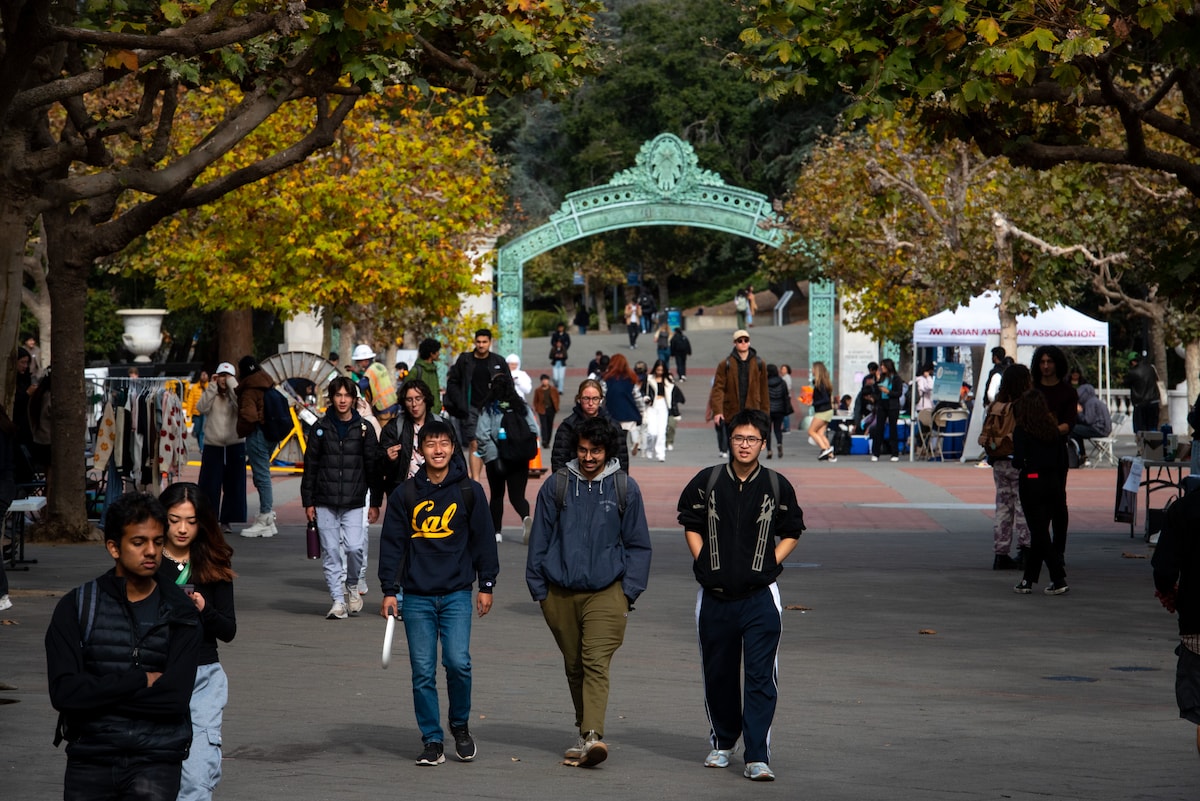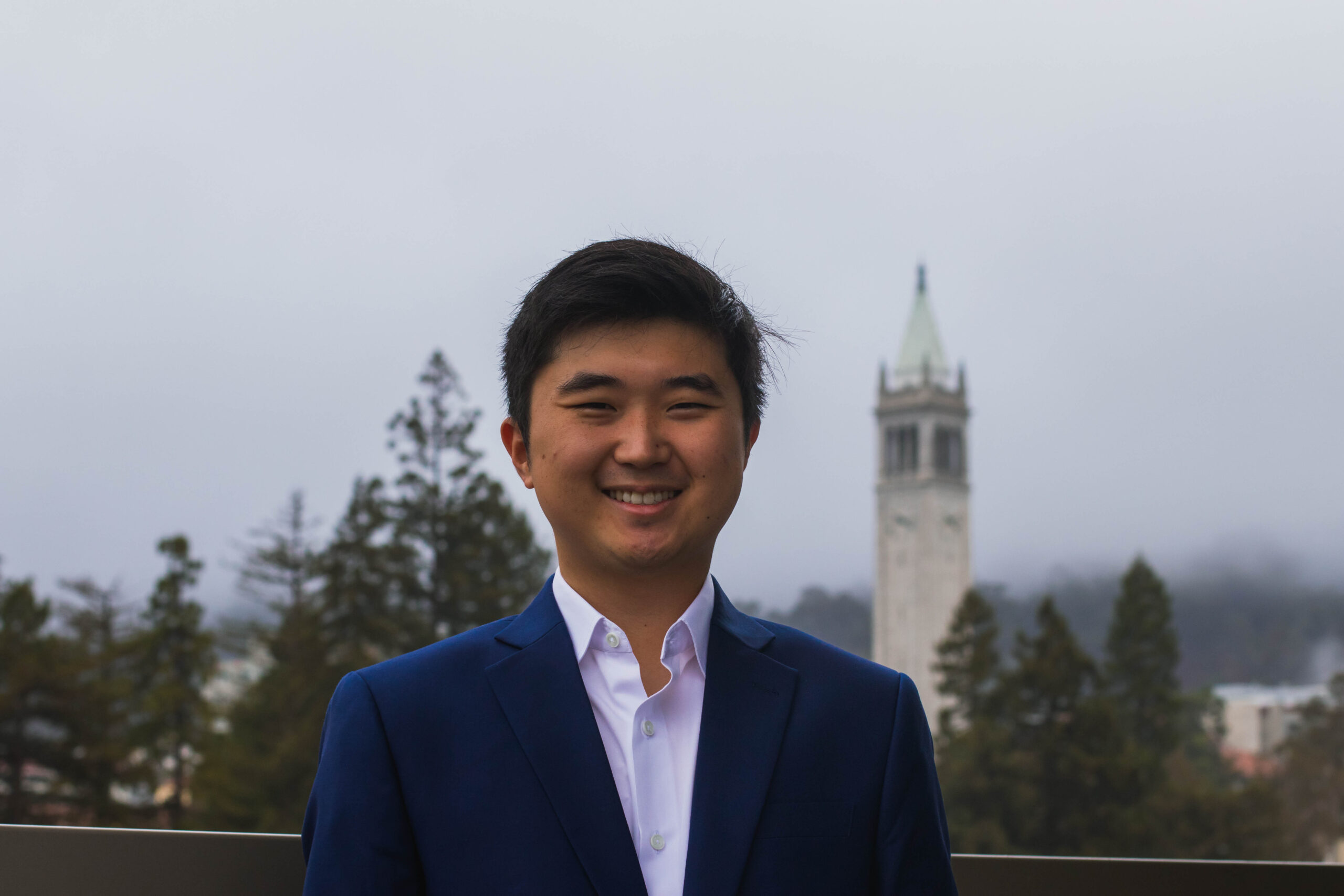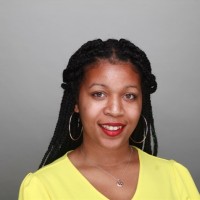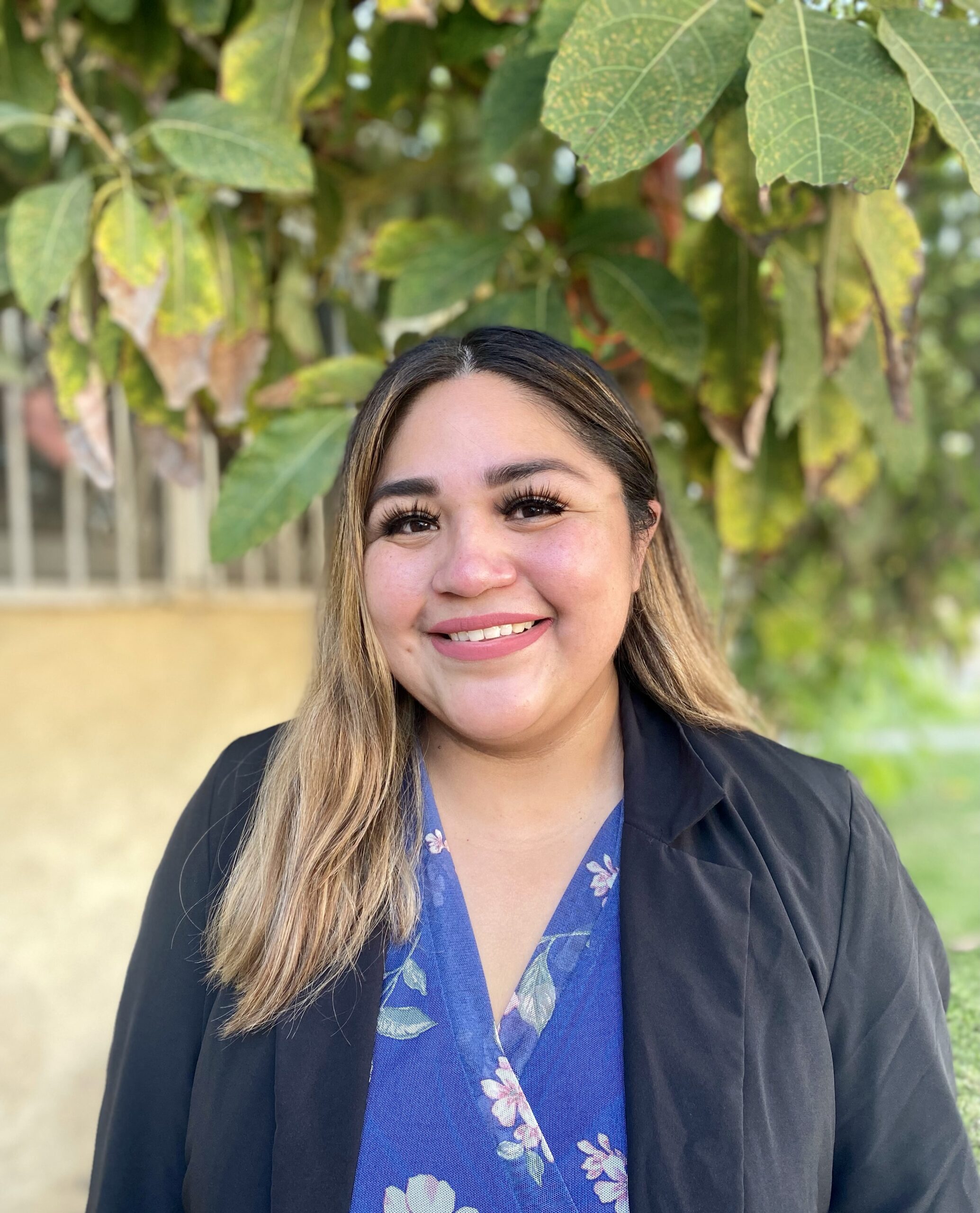For 25 years, UC Berkeley hasn’t used race in admissions, and the results have been devastating
Say It Louder
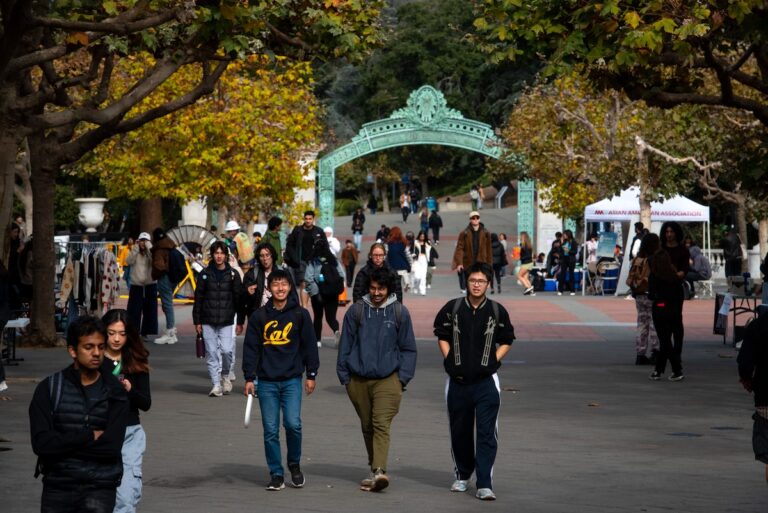
The University of California at Berkeley has labored to enroll more Black and Latino students in the quarter century since the state barred the consideration of race or ethnicity in its admissions.
Still, those groups remain underrepresented at the renowned public university here on the eastern shore of the San Francisco Bay. The gap is huge for Latino students. They account for 55 percent of California’s public school students, state data show, but 19 percent of UC-Berkeley undergraduates.
UC-Berkeley is undeniably diverse. Just 20 percent of its undergraduates are White. But is it diverse enough?
Read the Story on Washington Post
Amy Coney Barrett’s long history with homophobia
Less of This
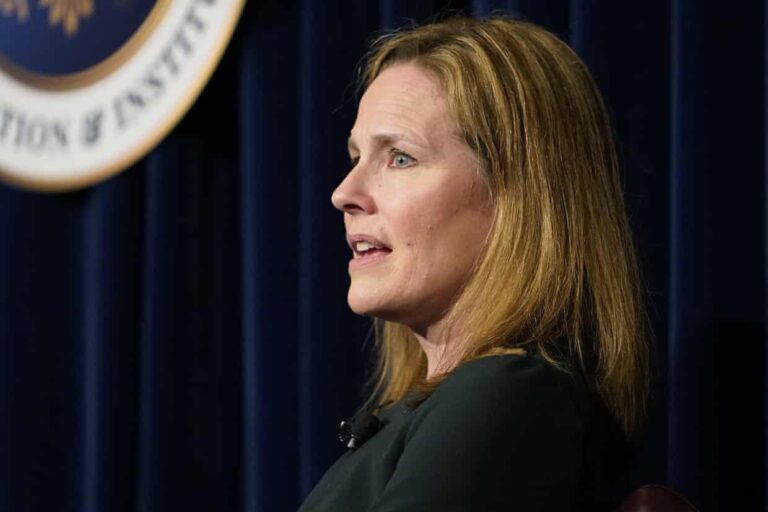
Former members of Amy Coney Barrett’s secretive faith group, the People of Praise, are calling on the US supreme court justice to recuse herself from an upcoming case involving gay rights, saying Barrett’s continued affiliation with the Christian group means she has participated in discriminatory policies against LGBTQ+ people.
The former members are part of a network of “survivors” of the controversial charismatic group who say Barrett’s “lifelong and continued” membership in the People of Praise make her too biased to fairly adjudicate an upcoming case that will decide whether private business owners have a right to decline services to potential clients based on their sexual orientation.
They point to Barrett’s former role on the board of Trinity Schools Inc, a private group of Christian schools that is affiliated with the People of Praise and, in effect, barred children of same-sex parents from attending the school.
Read the story on The Guardian
What it’s like to be LGBTQ+ in red California
Speaking Of…
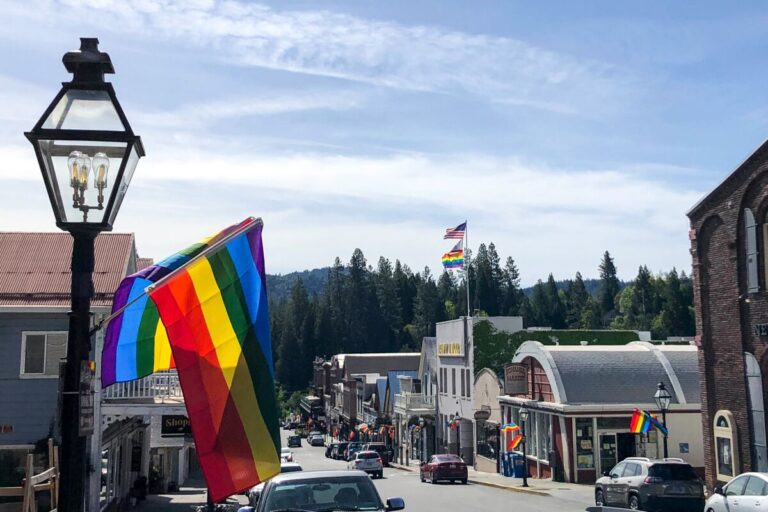
In rural California, being openly gay is an act of defiance, said Jacob Hibbitts, a board member for the fledgling Lassen Pride Network who lives in Susanville with his husband, Richard Colvin.
“We live kind of a quiet life here,” Hibbitts, 36, said. “Our home is our space to be ourselves, but you step out the door and you never know.’’
The closest gay bars are 85 miles away in Reno, or a 3½-hour drive south to Sacramento.
Hibbitts said his husband is “more effeminate” than him — favoring fancy hats, shoes with a bit of heel and purses — but tones down his appearance in Susanville for his safety.
Read the story on LA Times
The judge and the case that came back to haunt him
Second Chances
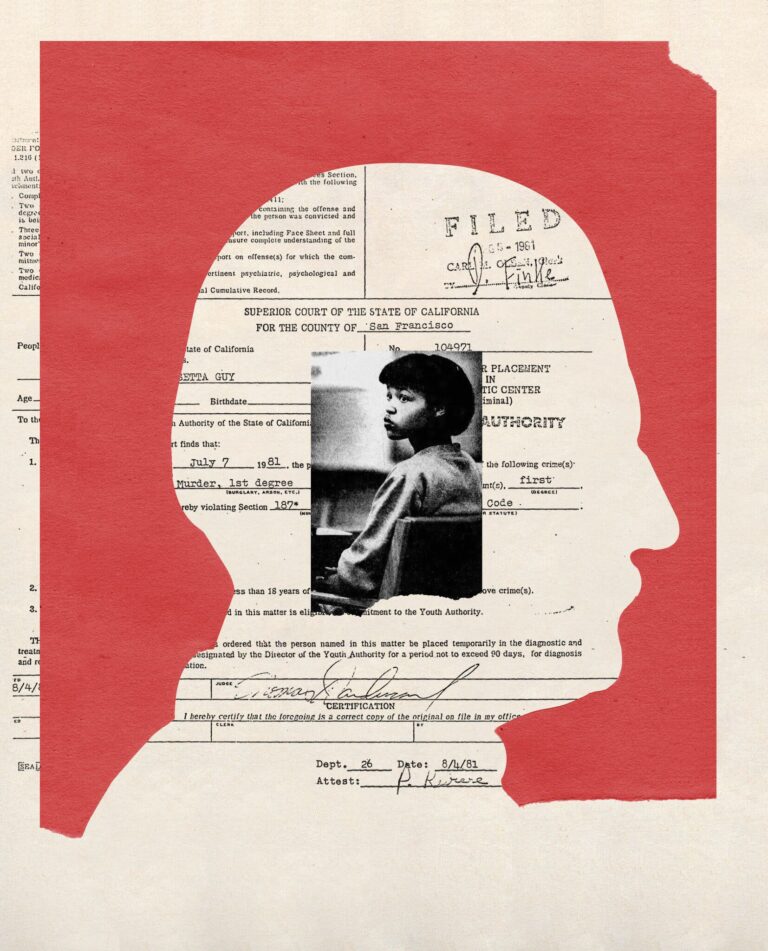
None of Anthony Kline’s colleagues had ever seen it happen. The most senior justice on California’s First District Court of Appeal, Kline was asking to be transferred to the juvenile bench, at the advanced age of 83. Juvenile was the scrappy place you started a career, not the triumphant place you ended one. But after four decades in appeals, Kline was feeling estranged from real life. He wanted to spend a year in juvie before retiring.
The First District was in a Beaux-Arts building next to San Francisco’s City Hall, with stone archways framed by lanterns. The juvenile court occupied a rundown 1950s building on Woodside Avenue next to a gas station, high on an isolated hill. Kline’s new courtroom was on the ground floor and had wood-laminate walls, hulking silver air-conditioners and mismatched office chairs. Forty years earlier, in 1981, he spent a year presiding over this same courtroom — one of his first judicial assignments.
Read the story on NY Times
The Conservative Legal Movement
Virtual Event December 13
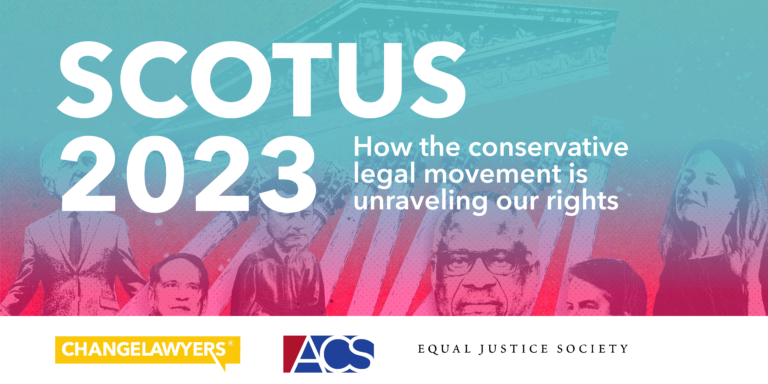
Featuring Dean Erwin Chemerinsky. Register here




